The Future of Die Casting in the Automotive Industry
LK Die Casting Machine / 2024-07-17 09:44:15
Die-casting technology, as an efficient manufacturing process, has been widely used in the automotive industry.
With the advancement of technology and changes in market demand, die casting plays an increasingly important role in automobile manufacturing.
This article will explore the future development trends of die casting in the automotive industry, including the application of new materials, process
improvements, the combination of automation and intelligence, and the promotion of environmental protection and sustainable development.
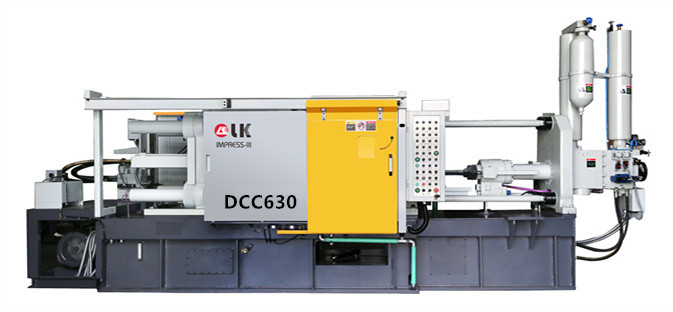
1. Application of new materials
1.1 Lightweight materials
Lightweighting is an important development direction of the automotive industry and the application of lightweight materials such as aluminum alloys and magnesium
alloys in die casting will increase further.
These materials can not only reduce vehicle weight and improve fuel efficiency but also enhance the power performance and safety of the car.
1.2 Composite materials
The introduction of composite materials is a major trend in future die-casting technology.
Composite materials combine the advantages of multiple materials, have high strength, corrosion resistance, and lightweight, and can meet the automotive industry's
demand for high-performance materials.
1.3 New alloys
The research development and application of new alloys will further improve the performance of die castings. For example, high-strength aluminum alloys and high-
temperature-resistant magnesium alloys can maintain excellent mechanical properties under extreme conditions and are suitable for manufacturing key components such
as engines and transmission systems.
2. Process Improvement
2.1 Vacuum Die Casting
Vacuum die-casting technology reduces the generation of pores and inclusions by introducing a vacuum during the die-casting process, and improves the density and
mechanical properties of the casting.
In the future, vacuum die casting will be more widely used in the manufacture of high-performance parts.
2.2 Semi-solid die casting
Semi-solid die casting technology uses the special state of metal between solid and liquid to form, which can reduce shrinkage and deformation and improve the
dimensional accuracy and surface quality of castings. This technology has great potential in the manufacture of high-precision and high-complexity parts.
2.3 Hot runner technology
Hot runner technology maintains the fluidity of molten metal by introducing a heating device in the mold to avoid defects such as cold shuts and insufficient pouring.
With the advancement of technology, hot runner technology will be further optimized to improve the stability and reliability of the die-casting process.
3. Automation and Intelligence
3.1 Robot Automation
The application of robot automation in die-casting production lines has become a trend. Robots can complete tasks such as pouring, picking up parts, spraying
release agents, etc., improve production efficiency and reduce manual operation errors.
In the future, robot technology will be more intelligent, able to adaptively adjust working parameters, and improve production flexibility.
3.2 Intelligent Monitoring
The intelligent monitoring system can monitor various parameters in the die-casting process in real-time, such as temperature, pressure, speed, etc., and optimize
process conditions through data analysis to timely discover and solve production problems. Intelligent monitoring will become an important means of quality control
of the die-casting process.
3.3 Digital Manufacturing
Digital manufacturing technologies include 3D printing, digital simulation, and digital twins, which use digital means to achieve comprehensive control and
optimization of the die-casting process.
In the future, digital manufacturing will further integrate the Internet of Things and big data technologies to promote the development of die-casting technology
toward intelligence.
IV. Environmental protection and sustainable development
4.1 Green Manufacturing
Green manufacturing is an important direction for the future development of the die-casting industry. Environmental friendliness and resource conservation can be
achieved by optimizing processes, and reducing energy consumption and waste emissions.
The use of environmentally friendly release agents, recyclable mold materials, and energy-saving die-casting equipment will significantly reduce the impact on the
environment.
4.2 MATERIAL RECYCLING
The waste and discarded castings generated during the die-casting process can be recycled and reused. In the future, establishing a sound material recycling system and promoting the efficient recycling and reuse of waste will be an important measure for the die-casting industry to achieve sustainable development.
4.3 Regulations and Standards
With increasingly stringent environmental regulations, die-casting companies need to follow relevant regulations and standards, adopt environmentally friendly
processes and materials, and ensure that products meet environmental requirements.
In the future, the formulation and promotion of industry standards will further standardize the die-casting process and promote the healthy development of the
industry.
V. Future Outlook
5.1 Personalized customization
Personalized customization is an important trend in future automobile manufacturing.
Through die-casting technology, personalized parts that meet customer needs can be produced quickly and efficiently to meet the market demand for customized
products.
5.2 Multifunctional integration
Future die-casting parts will not only have traditional functions but also realize multifunctional integration. For example, by embedding electronic components in
the die-casting process, the intelligence and functional diversification of parts can be realized, and the overall performance of the car can be improved.
5.3 Global cooperation
Global cooperation will further promote the development of die-casting technology.
Technical exchanges and cooperation between multinational companies and research institutions will accelerate the development and application of new technologies
and promote the continuous innovation and progress of die-casting technology.
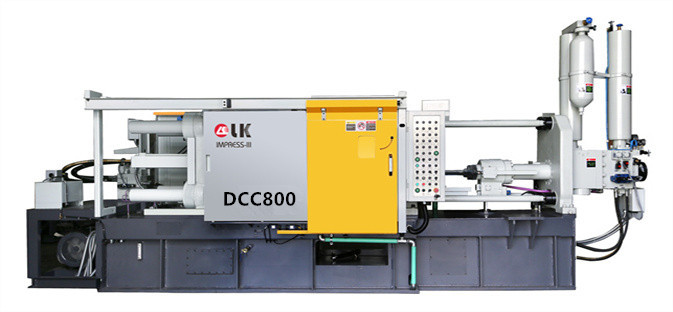
Conclusion
The future of die-casting technology in the automotive industry is full of opportunities and challenges.
Through the application of new materials, process improvements, the combination of automation and intelligence, and the promotion of environmental protection and
sustainable development, die-casting technology will continue to improve to meet the growing needs of the automotive manufacturing industry.
I hope this article can provide valuable references for practitioners in the automotive industry and help the widespread application and sustainable development of
die-casting technology in automotive manufacturing.
For more info, you can refer to: https://www.youtube.com/shorts/JLX410QV_kw
Contact LK Egypt to learn more info about the die-casting machine
LKAGENT OFFICE DCM
Address: Industry Zone, South of Port Said Kebly, Egypt
https://www.zazdiecasting.com/
Phone/WhatsApp/Wechat: +86 13598704163
Mobile: +20 101 304 3317 +20 150 181 8310
Email: jack@zazmae.com ahmedmahmoud@zazmae.com
#die cast tooling
#trivalent chromate
#rapid prototype casting
#a360 aluminum
#aluminum caster
#aluminum prototype
#ideal 55 slider parts
#density of aluminum kg/mm3
#magnesium sheet metal
#parts of a metal gate
#subcontracting of screw machining for the luxury sector
#wall aluminum
#die casting tooling
#tooling for die casting
#density of aluminium in kg mm3
#clear chromate
#es casting metals
#gating material
#prototype aluminum
#sigma castings
#subcontracting of screw-machining for household appliances
#we squeeze to please machine
#aluminium gravity die casting
#aluminum part
#aluminum rapid prototyping
#nickel casting
#plunger tip for die casting machine
#rapid prototyping aluminium
OTHER CONTENT
-
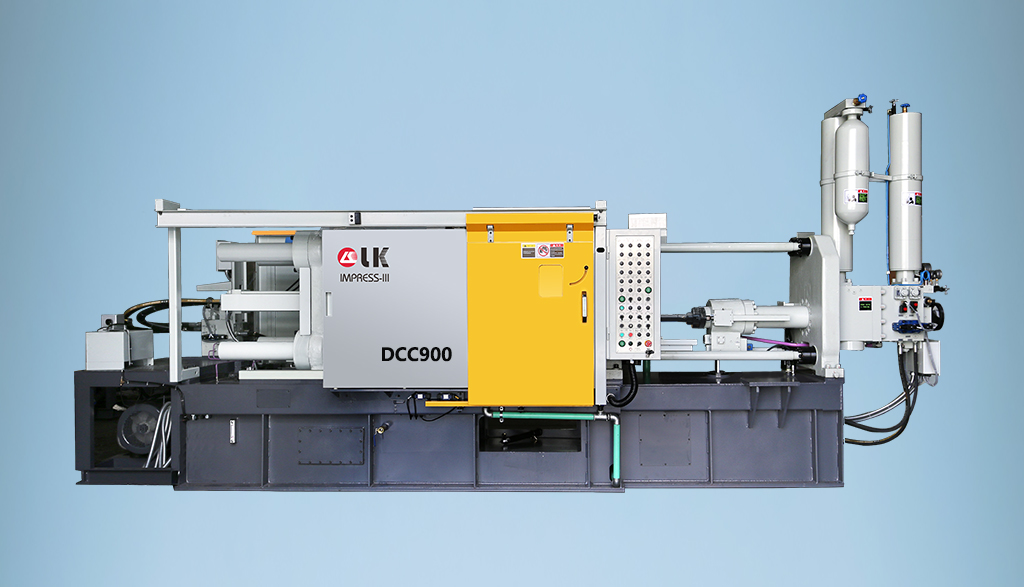
2024-09-19 14:16:15 LK Cold Chamber Die Casting Machine DCC900 Locking Force: 9000KN Die Height: 400-1000mm Space Between Tie Bars: 930x930mm Shot Weight: 13.5Kg Casting Area Max:2250c㎡
More -
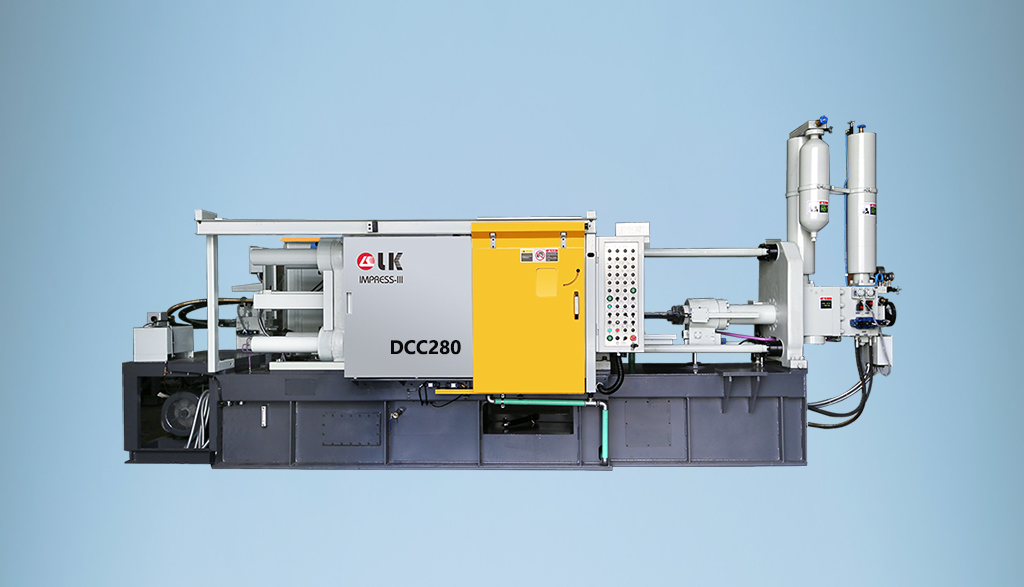
2024-09-19 14:11:06 LK Cold Chamber Die Casting Machine DCC280 Locking Force: 2800KN Die Height: 250-650mm Space Between Tie Bars: 560x560mm Shot Weight: 2.9Kg Casting Area Max:700c㎡
More -
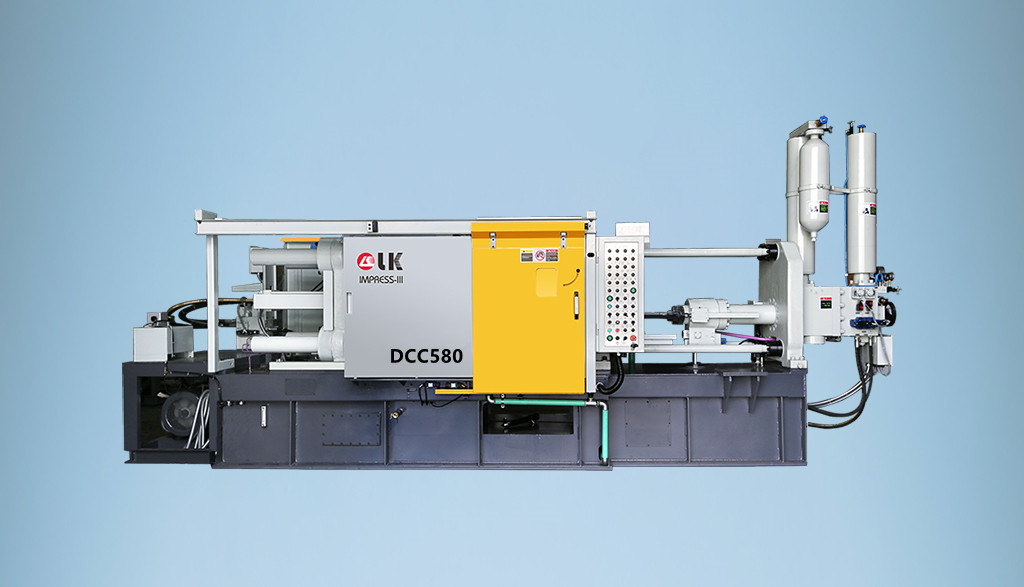
2024-09-19 10:23:07 LK Cold Chamber Die Casting Machine DCC580 Locking Force: 5000KN Die Heigh: 350-850mm Space Between Tie Bars: 760x760mm Shot Weight: 6.9Kg Casting Area Max:1250c㎡
More -
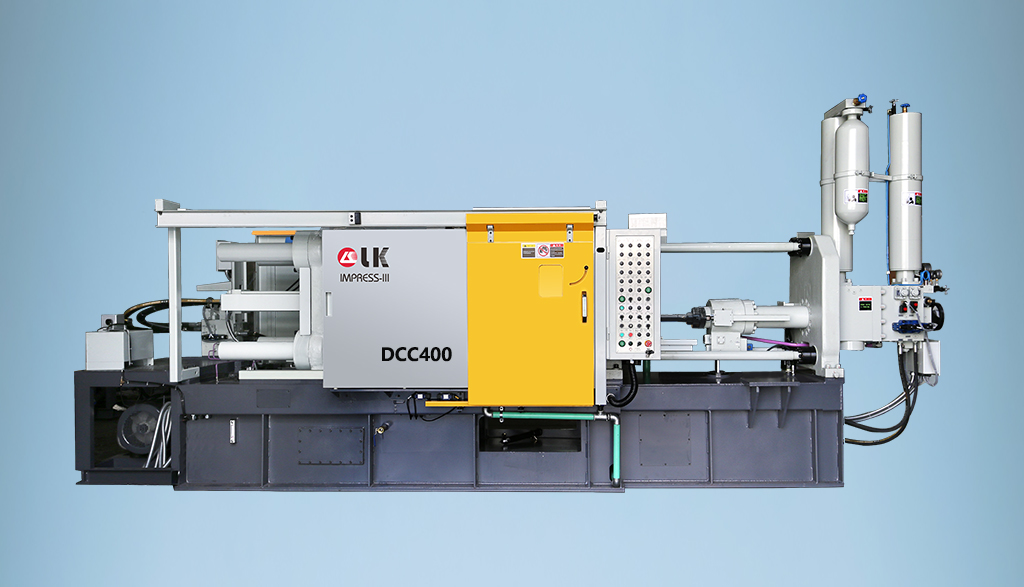
2024-09-19 10:11:20 LK Cold Chamber Die Casting Machine DCC400 Locking Force: 4000KN Die Height: 300-700mm Space Between Tie Bars: 669x669mm Shot Weight: 4.7Kg Casting Area Max:1000c㎡
More

